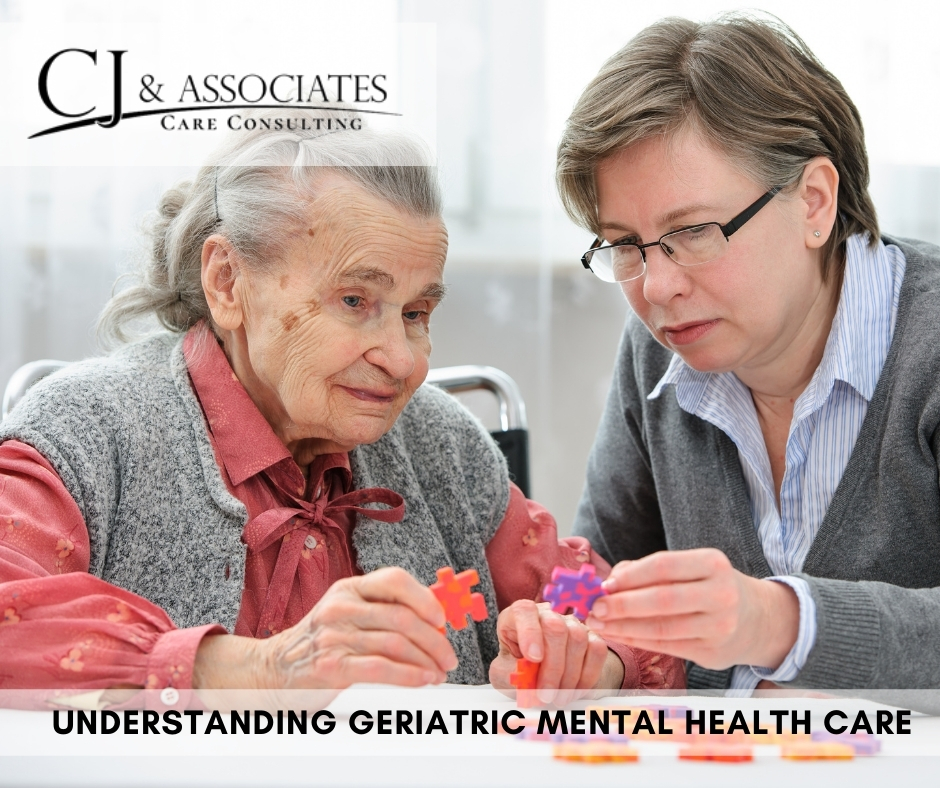Mental health care is an issue for everyone of any stage of life, but as people begin to age, they can become more susceptible to certain chronic mental illnesses. This can be a daunting challenge for you as you age, or it might be saddening to see your senior loved ones struggle with new mental illnesses. But there is help, with professionals who specialize in geriatric mental health care. You can also do research of your own to help better understand what to expect. In today’s blog, let’s discuss the various aspects of geriatric mental health care.
What Causes Geriatric Mental Health Issues?
The causes for geriatric mental health conditions are much the same as the causes for other mental health conditions. It could be the result of trauma, of stress from work or responsibilities in one’s life, or it could be due to a history of mental illness in the family. However, mental illnesses may be late onset, occurring in one’s twilight years when the mind is less resilient than it once was. The loneliness that can occur in older age, when seniors are retired and may not see their family as often or may have mobility issues that prevent them from socialize, can also lead to depression.
Statistics for Geriatric Mental Health Issues
According to the World Health Organization (WHO), mental health issues and neurological disorders account for roughly 6.6% of total disabilities that seniors face. About 15% of seniors are reported as having a mental health disorder of some kind. And because the population of seniors is expected to nearly double by 2050 — up to about 22% of the population, mental health of senior citizens is an increasingly prevalent issue, one that professionals are researching and helping to ease as we learn more about it.
Common Mental Health Conditions Among the Elderly
When we think of mental health disorders amongst the elderly, the one that people seem to fear the most is dementia. According to WHO, dementia is indeed one of the most common mental health disorders in seniors, and along with depression affects up to 5-7% of the population. Anxiety disorders are also quite common amongst the elderly. Beyond that, other mental health conditions that could occur less commonly amongst the elderly include PTSD, Personality Disorders, OCD, Substance Abuse Disorders or Eating Disorders.
Beyond the Stigma
Mental illness on the whole is heavily stigmatized throughout the world, as people with mental illnesses are seen to be unhinged or sometimes violent. That stigma does not dissipate with old age, but rather combines with the stigma that our society has against the elderly. Seniors are sometimes seen as “senile” as they age, and therefore can struggle to be taken seriously or to be believed that their perspective is a legitimate one. Memory lapses are mocked or exaggerated. It’s important to properly research mental illness, especially in seniors and to be sensitive to your loved one’s experiences.
At CJ & Associates Care Consulting, we’re experts when it comes to geriatric healthcare, including mental health. We can guide you or your loved one through this time with counseling, assessments, or plan of care. Contact us today for more information or to set up an appointment.






